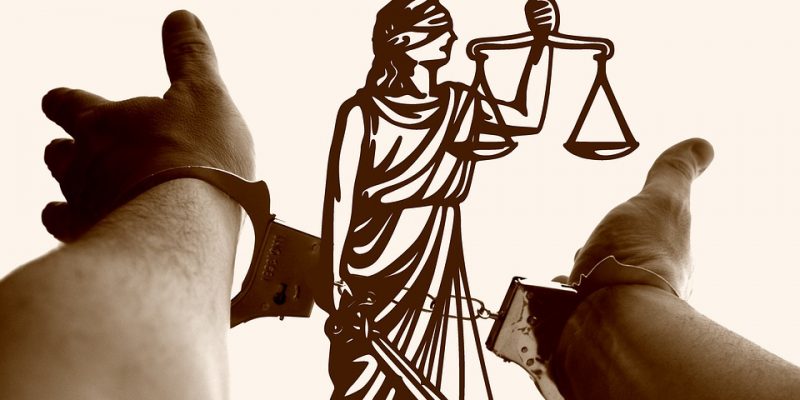Laws and international criminal justice are the issues most discussed before the international
community. It is all due to the principles of international standards, which involve human rights, making
it a complicated issue to deal with. Some democratic nations are always on the lookout for scenarios
against humanity, as is the case in some countries in Africa, Latin America and North Korea in particular.
Fortunately, international justice has been responsible for sanctioning governments; or rather
dictatorships that want to affect the peace of their citizens other nations.
What are crimes against humanity?
Crimes against humanity are crimes against human rights. Any act that attempts or assaults against the
emotional or physical integrity of a person is considered a crime against humanity. For this reason,
crimes are punished by the weight of the law, and these are the most serious.
How crimes against humanity are condemned at the international level
Any national government can easily punish one or more aggressors in its country. However, when it
comes to an international case, where the government ignores these crimes, especially when it is the
government itself that commits them, the international criminal court must act in the interests of
human rights.
However, in many cases the process can take too long. Nevertheless, the same criminal court must
adhere to the law and usurp a government that the people themselves have elected is not something
that can be achieved in the blink of an eye.
Fortunately, many countries that are in favor of world peace always come together in court in order to
resolve the conflicts in that country. Organizations such as the UN, OAS allow meetings to be held in
order to resolve a country’s internal problems.
Even so, today they have not been able to usurp against a government that declares itself a dictatorship,
not even against those who call themselves democratic, but in reality they are not. Sometimes crimes
committed by governments must be solved as an old saying: “the problems of the house are solved in
the house“.
Background and crimes against humanity
The most heinous crimes against humanity to date were those committed during the Second World War. During the holocaust of the Jews provoked by the Nazis themselves, many crimes were committed. Let us remember that Nazi Germany condemned an entire nation (more than 10 million Jewish people) to death. As if that were not enough, it also attacked other ethnic minorities.
Another background to the story is the Tutsi genocide in Rwanda, or better known as the Armenian genocide.
The international court of the beech
Also known as the international court of justice, it is the main body that is responsible for providing justice when crimes against humanity are committed. It is in this court that judgment is pronounced against individuals or states that commit crimes such as slavery, genocide or some other war crimes. The judgments handed down by this court must be complied with by all the states subscribed to the statutes or international laws. Failure to comply with them could result in serious economic and military sanctions.
However, this international court of justice based in the Netherlands is responsible for resolving international disputes. These disputes are in most cases territorial disputes between neighboring nations. In these cases, the international court carries out trials in which the parties expose their arguments and this ends up failing and resolving these types of disputes. The entity responsible for imparting and enforcing international justice has great relevance throughout the world. In most cases, their rulings are very strong and they enforce justice and human rights in a severe manner.
How has justice and criminal law advanced today?
At present, the international community has tried to create statutes where states commit themselves to be guarantors of justice and the rights of their citizens. However, even in modern times international justice has some weak points, and allows some states to continue to violate the rights of their citizens. Therefore, international justice and the democratic nations of the world continue to spare no effort to strengthen international laws and ensure that they are obeyed.
The sovereignty of a nation is one of the most basic and impenetrable rights of any nation. However, military intervention is justified in some cases when some dictatorial regimes impose their tyranny in some state, depriving the rights of their citizens. However, international justice considers military action as the last stage to enforce justice. But this is not ruled out when tyranny curtails the democracy of some country. Therefore, the issue of justice and international law is still very critical, and will continue to generate much controversy.
Venezuela: a failed state
Currently in Venezuela there is much political and legal intervention with respect to the state in which is not only the economy, but also the political bases of the country. The international criminal court has done nothing more than sanction the Bolivarian Government of Venezuela, since the same human rights cannot go further to intervene against the actions taken by the president and his cabinet.
Even in the face of repression, the government continues to subject the people, destroying all human rights, becoming a government of criminals that takes advantage of wealth and power for their own benefit. Currently there are several countries that assume an important role to solve the situation through small actions that can be triggers.

